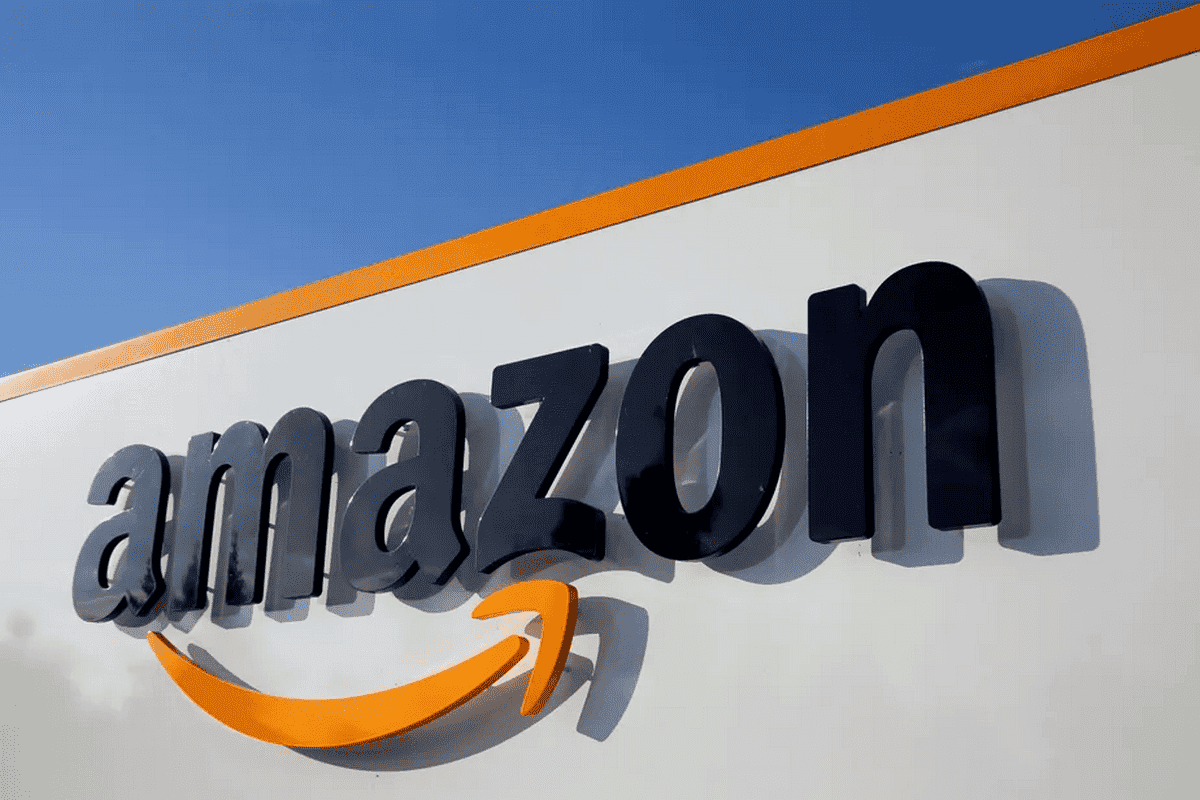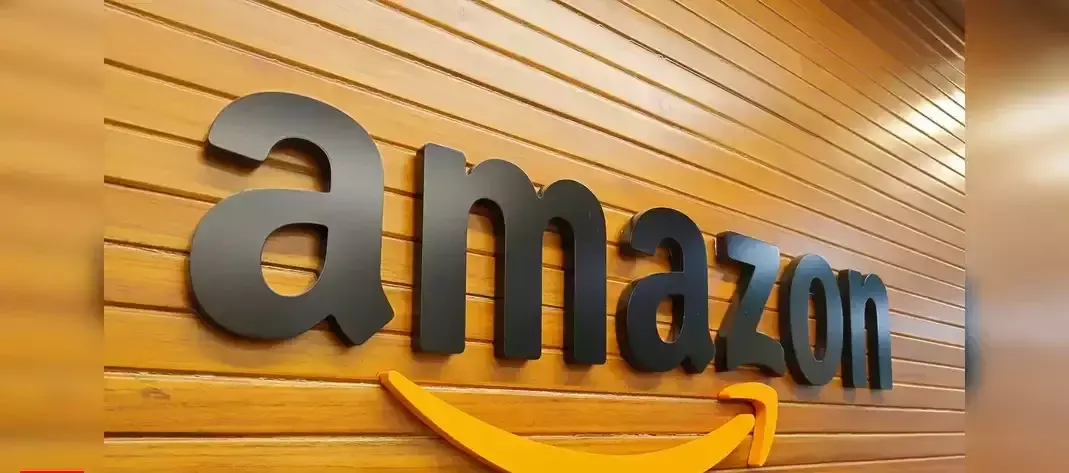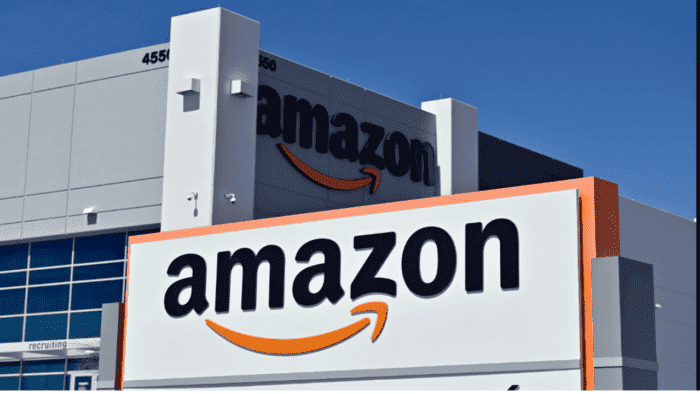French regulators have imposed a fine of 32 million euros on Amazon France Logistique, a unit of the e-commerce giant. The French Data Protection Authority (CNIL) says the fine on Amazon is because the company “excessively intrusive monitors of its employees.” The fine, equivalent to about three per cent of the company’s annual revenue, was a result of the company’s use of employee monitoring systems. These were found to violate the European Union’s General Data Protection Regulation (GDPR).

Background
Amazon France Logistique, the French warehouses unit of Amazon, has been fined 32 million euros by the French data protection agency, CNIL, for its employee surveillance practices. The fine was a result of the company’s use of monitoring systems that were found to be excessively intrusive and in violation of the EU’s GDPR. The CNIL stated that the monitoring systems, which included the use of scanners to track employee activities, were “illegal” and “excessively intrusive.” Furthermore, the monitoring system could require employees to justify every break or interruption.
The French Data Protection Authority (CNIL) has been given powers by the government to handle such issues. The agency said after receiving several anonymous tips about Amazon France Logistique’s workplace practice, it had to investigate the issue. After getting relevant approvals, it inspected Amazon France Logistique’s facilities. It found that the monitoring of employees is not “industry standard”. CNIL reveals that employees at the facilities can not have a 3 to 4-minute unauthorized break. The agency also said this is against France’s policy and employees’ rights.
CNIL’s Ruling
The CNIL found that Amazon’s monitoring systems, which involved the use of scanners to track employee activities, were in breach of the EU’s GDPR. The agency stated that the level of monitoring was “illegal” and “excessively intrusive,”. Also, the system has a metric set up to measure the time that elapses between when an employee clocks in and scans their first package. Regulators believe this system results in employees having to explain any interruption in scanner activity.
CNIL noted that thousands of employees have been affected by these indicators. Moreover, Amazon Logistics France failed to adequately inform employees of the monitoring system. A spokesman for the agency told AFP it would leave open the possibility of further inspections.

Amazon’s Response
Amazon has strongly rejected the CNIL’s findings. It claims that the monitoring systems were necessary to ensure the safety, quality, and efficiency of its operations. The company also emphasized that the warehouse management systems, including the monitoring systems, are industry standard. Amazon says these are essential for tracking inventory and processing packages.
The company said in a statement:
“We strongly disagree with CNIL’s conclusions, which are factually inaccurate, and we reserve the right to appeal … our system is the industry standard and is the key to ensuring operational safety, quality and efficiency…”
About CNIL’s findings, nobody expects any Amazon employee to speak up. This is because regular employees are not authorized to speak on public issues concerning the company. This is a standard workplace practice. The spokesperson who is authorized to speak has said the company will challenge CNIL’s fine in court.
Impact of the Fine
The 32 million euro fine imposed on Amazon France Logistique is equivalent to about 3% of the company’s annual revenue. The fine is one of the largest imposed by the CNIL. It also underscores the regulatory scrutiny over employee surveillance practices, particularly in the context of data protection and privacy. Due to the fine, Amazon will be going to court to challenge CNIL’s decision. This is also a distraction for the company.
Conclusion
The fine imposed on Amazon France Logistique reflects the growing regulatory focus on employee surveillance practices and data protection. The CNIL’s ruling and the company’s response highlight the ongoing debate surrounding the use of monitoring systems in the workplace. It also highlights the need to balance operational efficiency with employee privacy and data protection.





